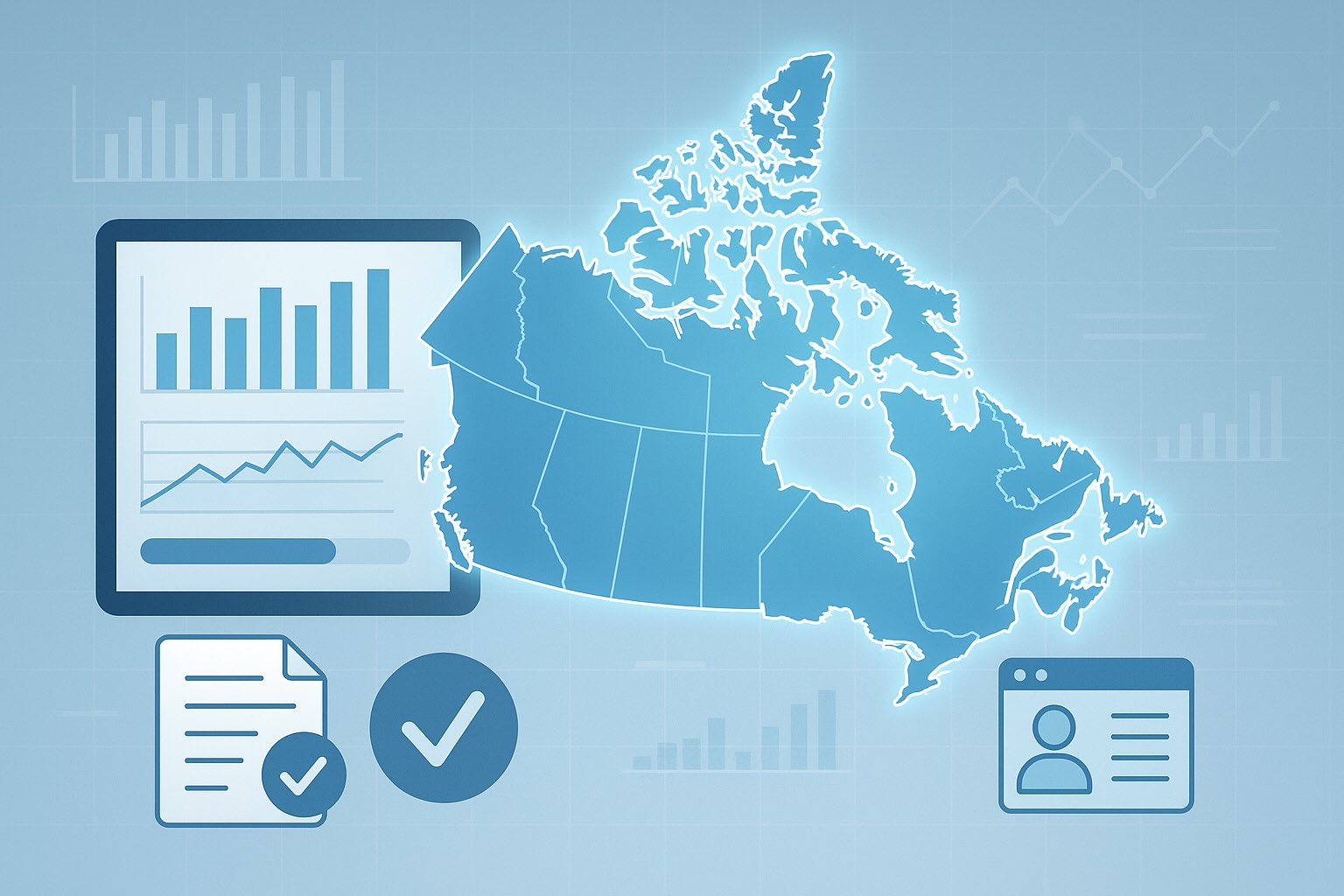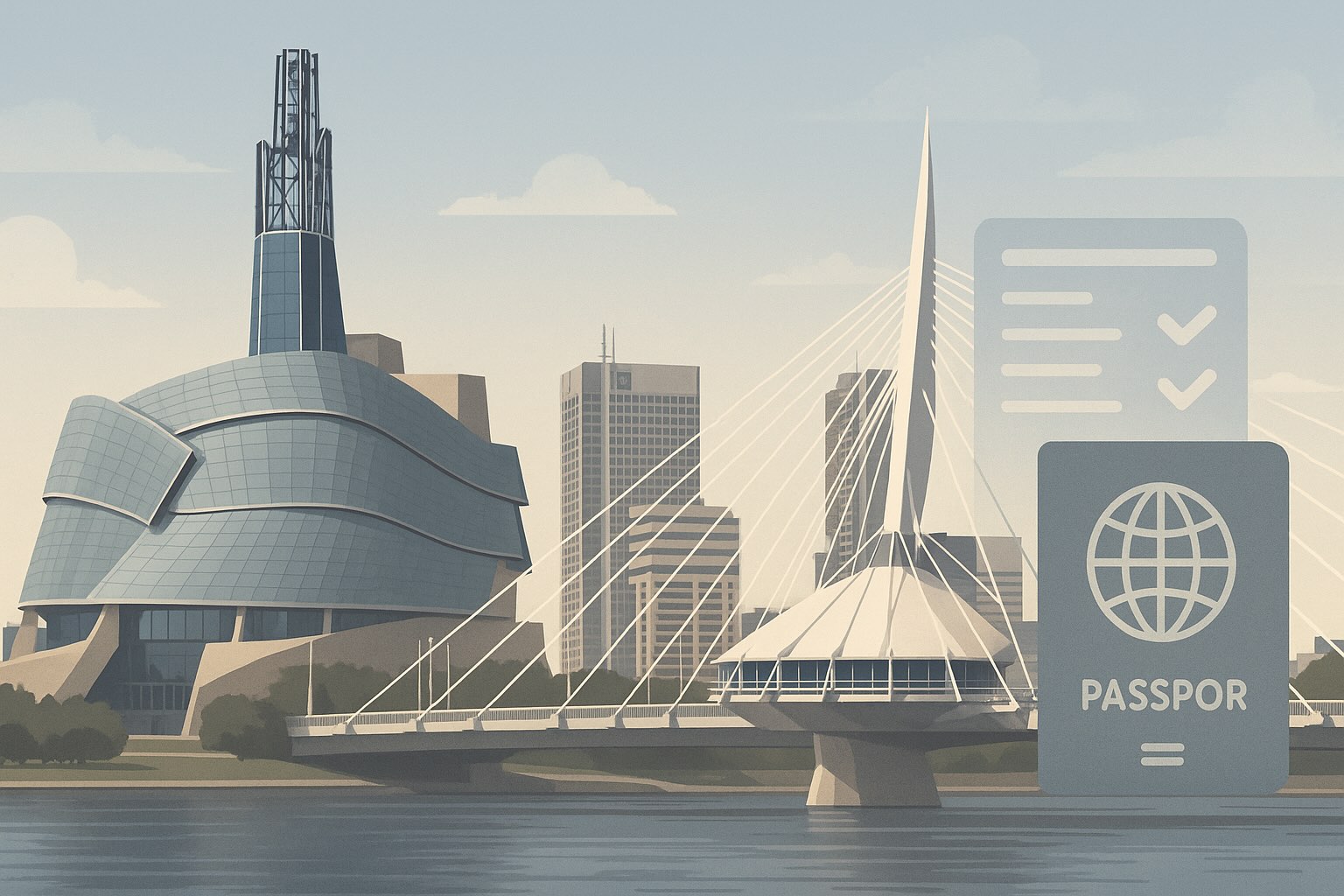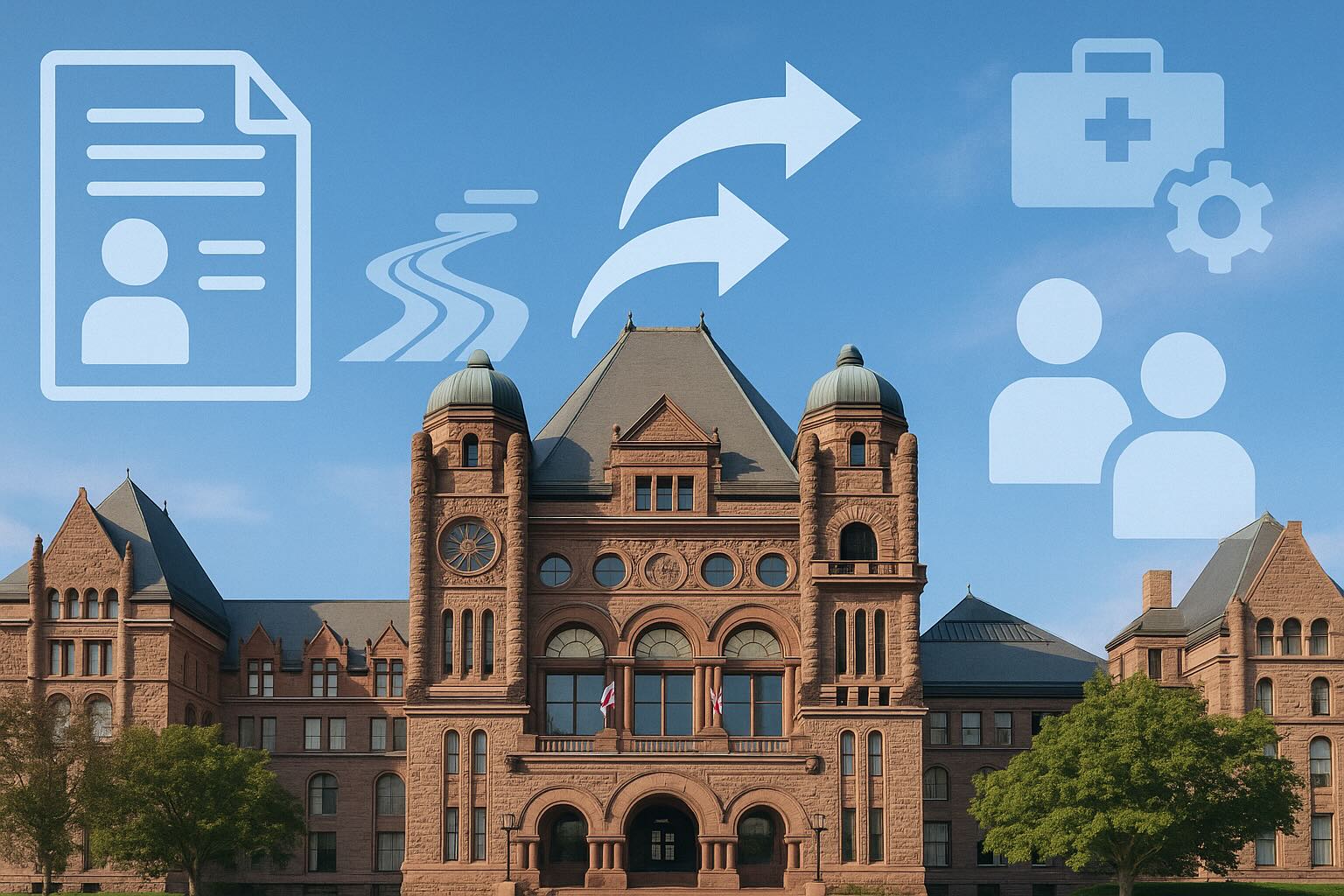The Question of Canada's "Gold Card": Reality and Pathways Explained
As news spreads about the United States' plan to introduce a $5 million USD "Gold Card" visa, discussions have arisen about whether Canada has a similar "pay-for-status" immigration option. The direct answer is: No. Canadian permanent residence (PR) is not a commodity that can be directly purchased. Canada's mainstream economic immigration programs, such as Express Entry, are primarily designed for skilled workers with specific qualifications and work experience, not simply investors.
However, this does not mean Canada closes its doors to entrepreneurs and investors. On the contrary, Canada has established multiple immigration programs aimed at attracting business talent and fostering economic development. These programs all offer pathways to permanent residence. The following sections outline these primary routes.
Federal Level: Start-Up Visa (SUV) Program
The federal Start-Up Visa Program is designed by the Canadian government to attract foreign entrepreneurs with innovative ideas and potential. It allows applicants to establish their business and settle in any province except Quebec. This program grants permanent residence not only to the main applicant but also to their spouse/partner and dependent children.
Core Requirements
- Qualifying Business: At the time of application, each applicant must hold at least 10% of the voting rights attached to all outstanding shares of the corporation; the business must be incorporated in Canada; essential management functions must take place within Canada; and an essential part of the business operations must occur in Canada. Notably, the applicants and the designated organization together must hold more than 50% of the total voting rights. A maximum of five foreign nationals can apply for PR together under the same business venture.
- Support from a Designated Organization: Applicants must obtain a Letter of Support from a designated organization approved by the Canadian government (venture capital funds, angel investor groups, or business incubators). Specific requirements include: securing a minimum investment commitment of $200,000 CAD from a designated Canadian venture capital fund; or securing a minimum investment commitment of $75,000 CAD from a designated Canadian angel investor group; or being accepted into a designated Canadian business incubator program. Currently, there is an annual cap on the number of applications each designated organization can support (until December 31, 2026), processed on a first-come, first-served basis. Applicants must proactively contact and convince these organizations to support their start-up.
- Language Proficiency: Must meet the Canadian Language Benchmark (CLB) level 5 in all four abilities (listening, speaking, reading, writing) in either English or French.
- Settlement Funds: Applicants must demonstrate they have sufficient funds to support themselves and their family upon arrival in Canada, with the required amount depending on family size.
Program Feature
While the PR application is processing, candidates are eligible to apply for a temporary work permit, allowing them to come to Canada earlier to start building their business.
Province of Quebec: Quebec Immigrant Investor Program (QIIP)
For investors wishing to settle in the province of Quebec, the Quebec Immigrant Investor Program (QIIP) presents a unique option. It is currently Canada's only passive investment immigration program, meaning applicants do not need to demonstrate an active managerial role in a business. This program also provides a pathway to permanent residence for applicants and their family members.
Core Requirements
- Net Worth: Possess legally obtained net assets of at least $2 million CAD.
- Management Experience: Have at least two years of management experience in the five years preceding the application.
- Education: Hold a diploma corresponding to a Quebec secondary school diploma.
- French Proficiency: Demonstrate French speaking skills equivalent to at least level 7 of the Échelle québécoise des niveaux de compétence en français.
- Investment Agreement and Investment: Must have an agreement with an approved financial intermediary. Through this intermediary, the applicant must: make a five-year, government-guaranteed investment of $1 million CAD with Investissement Québec - Immigrants Investisseurs Inc.; AND make a non-refundable financial contribution of $200,000 CAD. The total investment amount is $1.2 million CAD.
- Values Attestation: Obtain an attestation of learning about democratic values and Quebec values.
- Residency Requirement: The applicant and their spouse/partner must reside in Quebec for a total of at least 12 months within the two years following the issuance of the work permit. The main applicant must personally complete at least 6 months of this residency, with the remaining 6 months completed by either the applicant or their spouse/partner.
Application Process
Quebec's immigration process is distinct from the federal government and other provinces. Approved applicants first receive a Notice of Intent to Select from Quebec, which allows them to apply for a federal work permit. After fulfilling the residency requirement, they can obtain the Quebec Selection Certificate (CSQ). Only with a CSQ can they apply to the federal government for permanent residence status.
Provincial Nominee Programs (PNPs): Entrepreneur Streams
Most Canadian provinces and territories operate their own Provincial Nominee Programs (PNPs), which include streams specifically for entrepreneurs who wish to start or purchase a business and settle in that province. Obtaining PR through a PNP is typically a two-step process:
- Obtain Provincial Nomination: Apply to the immigration authorities of the desired province, meet the specific requirements of its entrepreneur stream, and receive a provincial nomination certificate.
- Apply for Federal PR: After receiving the provincial nomination, apply to Immigration, Refugees and Citizenship Canada (IRCC) for permanent residence.
The specific requirements for PNP entrepreneur streams vary by province but generally involve submitting a detailed business plan and meeting minimum criteria for language proficiency (English or French), net worth, investment amount, management experience, and job creation. Below are key requirements for some provincial entrepreneur streams (typically requiring minimum CLB 4 or 5):
- Alberta
- Rural Entrepreneur Stream: Min. $300k net worth; business experience; plan to start/buy business in rural Alberta community; requires community support letter; min. $100k investment; create at least one job.
- Graduate Entrepreneur Stream: Graduated from designated Alberta post-secondary institution; hold valid PGWP; CLB 7 language; establish new or buy existing Alberta business with min. 34% ownership.
- Foreign Graduate Stream: Degree from outside Canada (last 10 yrs, ECA required); min. 6 months management/ownership experience; CLB 5 language; requires letter of recommendation from designated agency; min. investment ($100k urban / $50k regional) with required ownership (34% urban / 51% regional); proof of settlement/start-up funds.
- Farm Stream: Farm management skills; plan to invest in and operate primary production farm; min. $500k investment; min. $500k net worth.
- British Columbia
- Base Stream: Min. $600k net worth; business/management experience; min. $200k investment; create at least one full-time job.
- Regional Stream: Plan to start business in designated rural BC community; min. $300k net worth; min. $100k investment; requires community referral; create at least one full-time job.
- Nova Scotia
- Entrepreneur Stream: Age 21+; min. 600k net-worth (400k outside Halifax); min. 150k investment (100k outside Halifax); business management experience; CLB 5 language.
- International Graduate Entrepreneur Stream: Graduated from NS university/college; hold valid PGWP; owned and actively managed NS business for at least 1 year (min. 33.33% ownership); CLB 7 language.
- Manitoba
- Entrepreneur Pathway: Min. 3 years business experience (past 5 yrs, owner >1/3 or senior manager); min. 500k net-worth; min investment 250k Winnipeg Metro / $150k outside; CLB 5 language; create or maintain at least one job.
- Farm Investor Pathway: Min. 3 years farm ownership/operation experience; min. $500k net worth; min. $300k investment in rural Manitoba farm; requires exploratory visit.
- New Brunswick
- Business Immigration Stream: Age 19-59; min 500k net-worth (300k for farming); business/management experience; min. $150k investment; create at least one full-time job; CLB 4 language; score min. 65 points; must operate business on work permit for min. 6 months meeting performance agreement before nomination.
Processing Times
- Federal Start-Up Visa: As of the time of publishing, processing time is approximately 36 months.
- Quebec Immigrant Investor Program: Obtaining the CSQ can take one to two years. After receiving the CSQ, the federal processing time for Quebec Business applications can be up to 71 months, according to the IRCC website.
- Provincial Nominee Programs (PNPs): The time to obtain provincial nomination varies by province and stream, typically ranging from several months to one or two years. After nomination, the IRCC service standard for processing the federal PR application is currently around 11 months.
Important Note: All processing times are estimates and subject to change based on application volumes, case complexity, and policy updates.
Conclusion
Canada does not offer a direct "pay-for-PR" pathway similar to the proposed US "Gold Card." However, for entrepreneurs and investors genuinely interested in establishing or investing in a business in Canada, the country provides diverse and structured immigration routes through the Federal Start-Up Visa, the Quebec Immigrant Investor Program, and various Provincial Nominee Program entrepreneur streams. These programs generally require applicants to have a solid business background, adequate language skills, and make a tangible contribution to the Canadian economy, rather than simply providing capital. Prospective applicants should carefully research the requirements of each program to determine the most suitable option for their circumstances.









